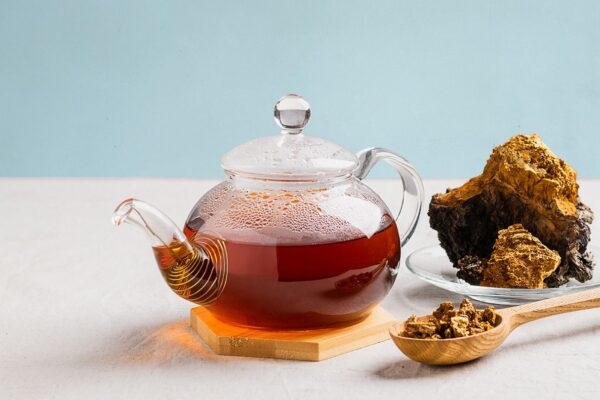Blog
How Healthy Is Coffee Really?
Coffee is one of the world’s most consumed beverages and one of the richest sources of antioxidants and potassium. Multiple large observational studies have suggested that those who drink coffee tend to live longer than non-coffee drinkers – but is this beloved brew really healthy?
Hot water running through coffee beans during brewing releases an abundance of chemicals, some beneficial, while many potentially raising blood pressure or causing heart palpitations in some people due to genetics and how individuals respond to caffeine. Regular coffee drinkers generally develop tolerance to these effects and may no longer feel them at all.
There are very few side-effects associated with moderate amounts of coffee consumption for those who can tolerate it, especially if black or low-sugar varieties are chosen. If you suffer from stomach conditions such as reflux, however, drinking coffee could be harmful; to keep risks to a minimum. In particular, milk or cream are high in saturated fats and sugars which increase cardiovascular disease risk as well as type 2 diabetes while counteracting any beneficial properties from chlorogenic acids found in coffee.
Caffeine is a central nervous system stimulant that increases alertness and energy levels, improves mood, and has even been shown to help some individuals maintain cognitive function after 50. This effect may be partially attributable to caffeine’s alkaloid content stimulating certain neurons; its exact mechanism remains unknown. Coffee appears to also benefit the immune system, reduce inflammation rates, depression rates and Alzheimer’s rates; these benefits could potentially have lasting health benefits as well as dementia rates being decreased over time.
Coffee’s primary downside lies in its potential to raise cholesterol and blood pressure, especially if you already suffer from cardiovascular conditions. Some doctors advise those with a history of heart issues to limit their caffeine consumption as a preventative measure.
Concerning cancer, it may seem odd that coffee, once considered potentially carcinogenic, is now considered healthy. But it should be remembered that most research on its cancer-fighting properties was conducted with mice rather than people, and further investigation should be undertaken before concluding on these claims in humans.
There are plenty of benefits to drinking coffee daily, but for optimal results it’s always best to do it without added sugars or saturated fats. If you must sweeten it, plant-based milk is a healthier choice that may reduce overall sugar and saturated fat intake. You might also consider switching to decaffeinated coffee if your heart rate and blood pressure increase when drinking regular stuff; finally if you suffer from digestive disorders like reflux or heartburn it may be wiser to abstain altogether from this beverage.



